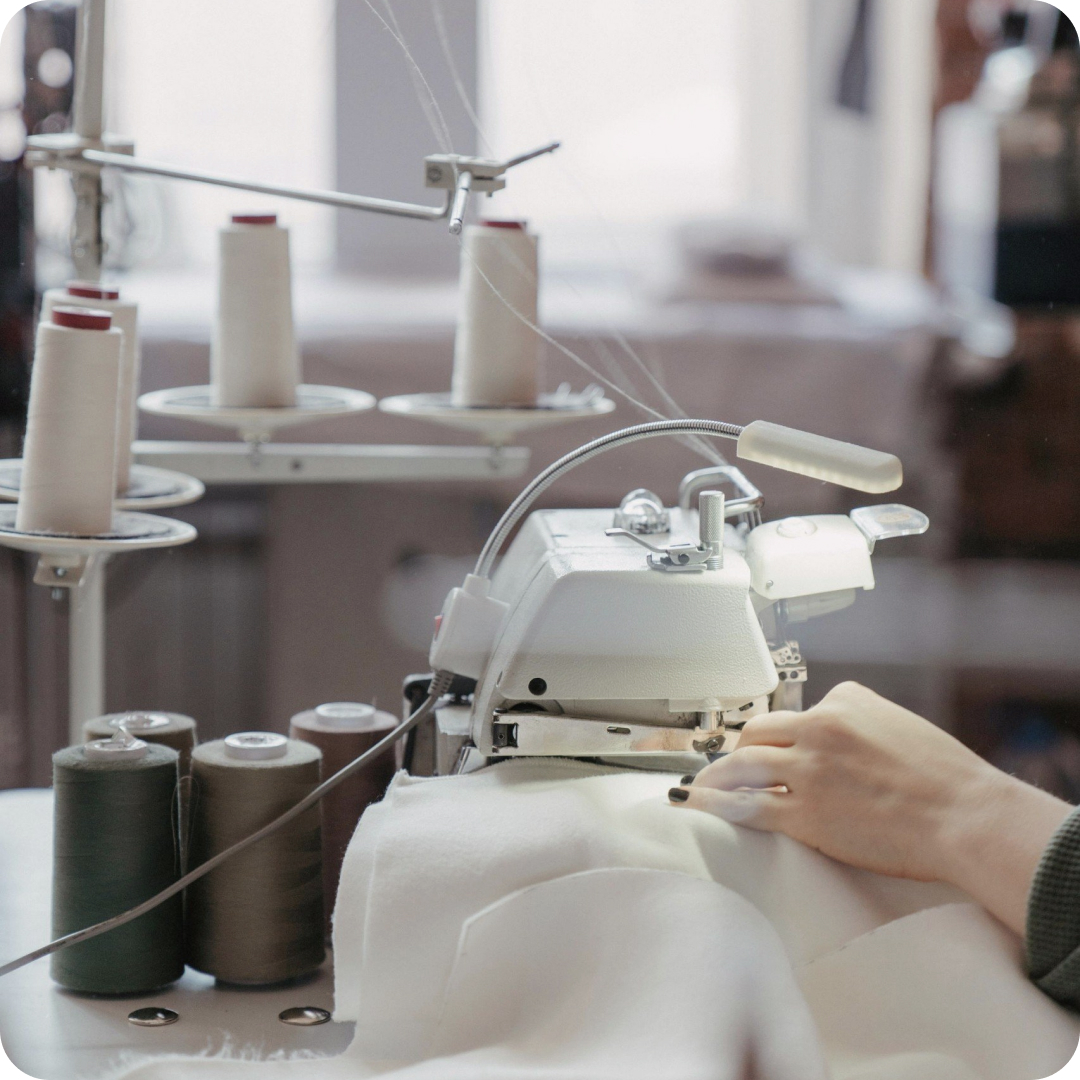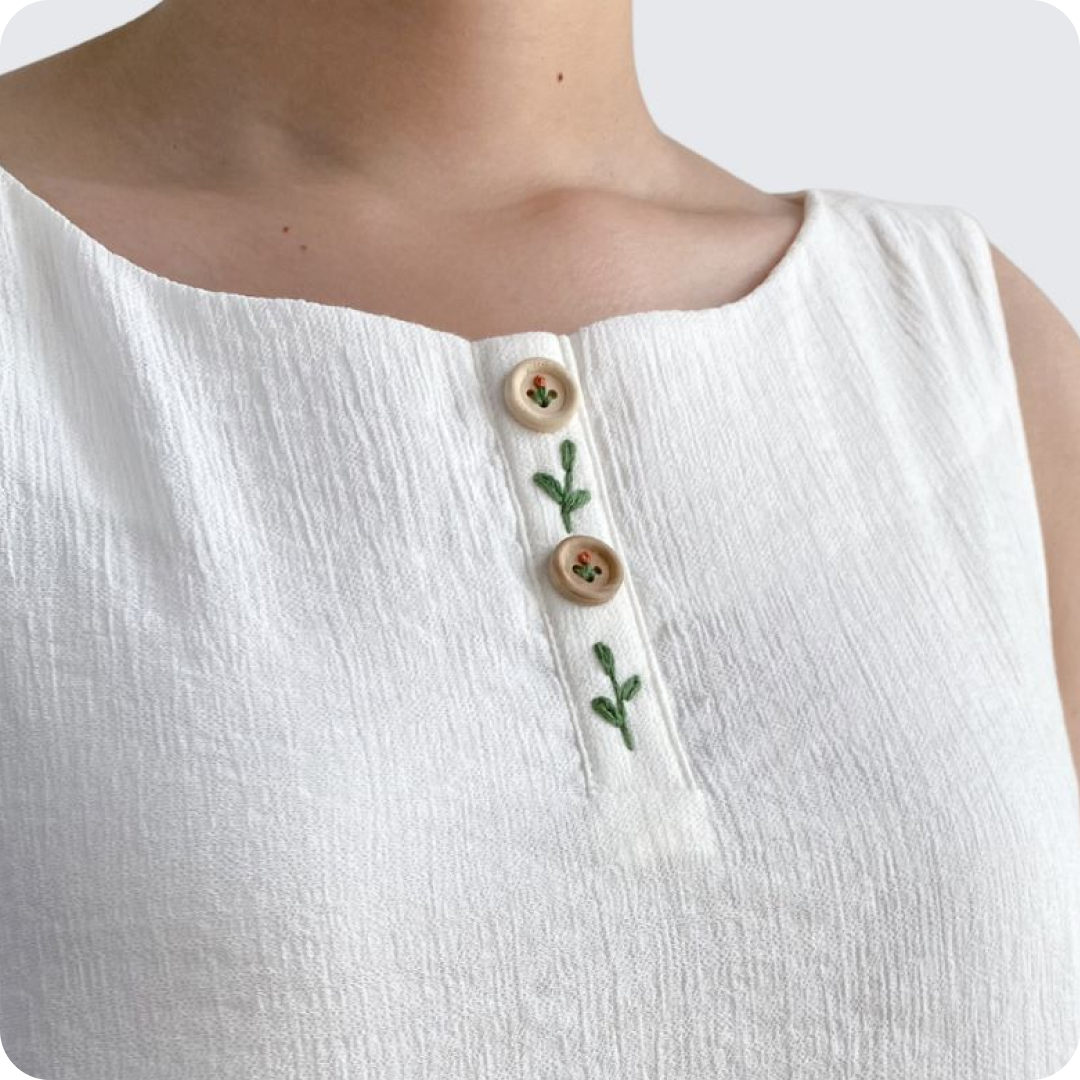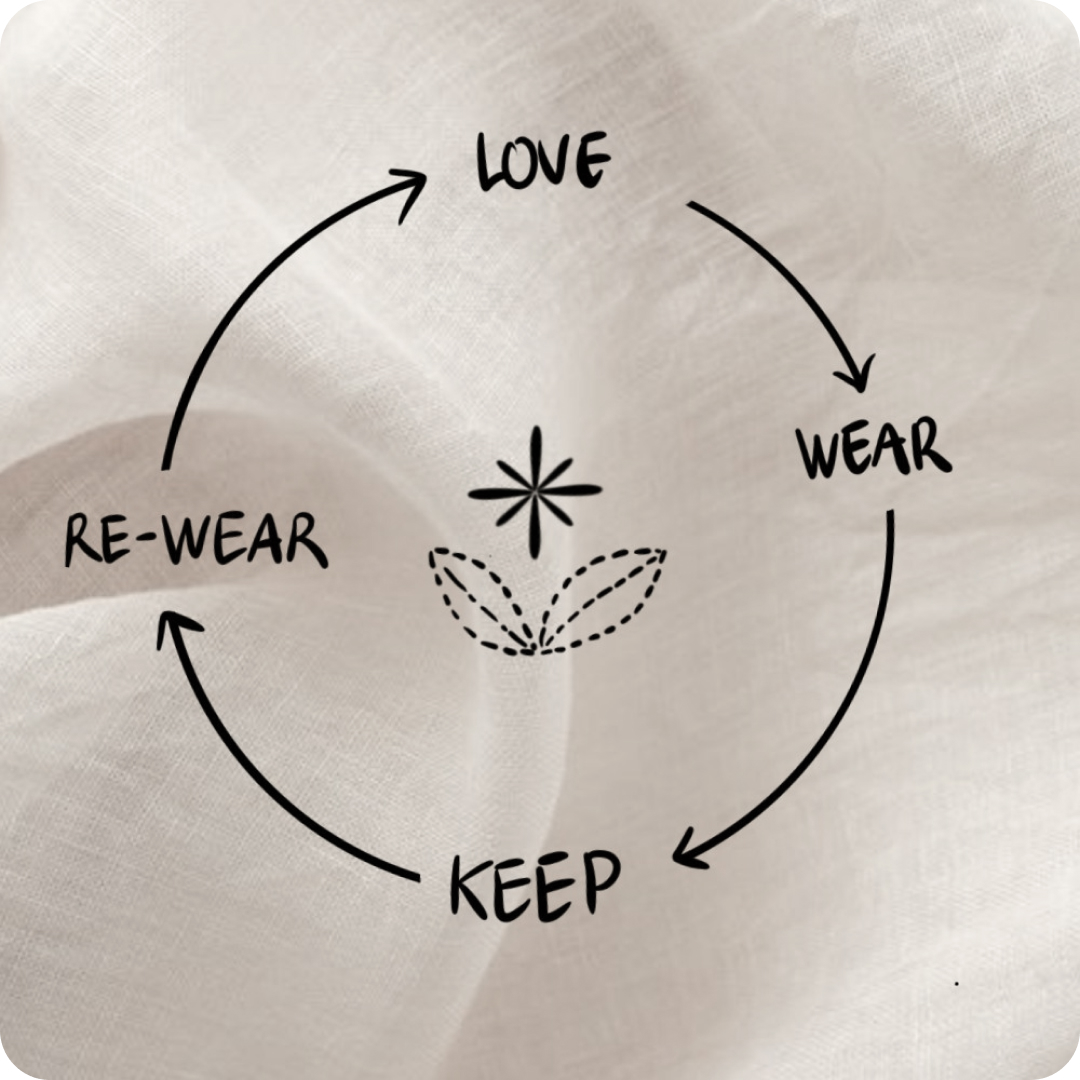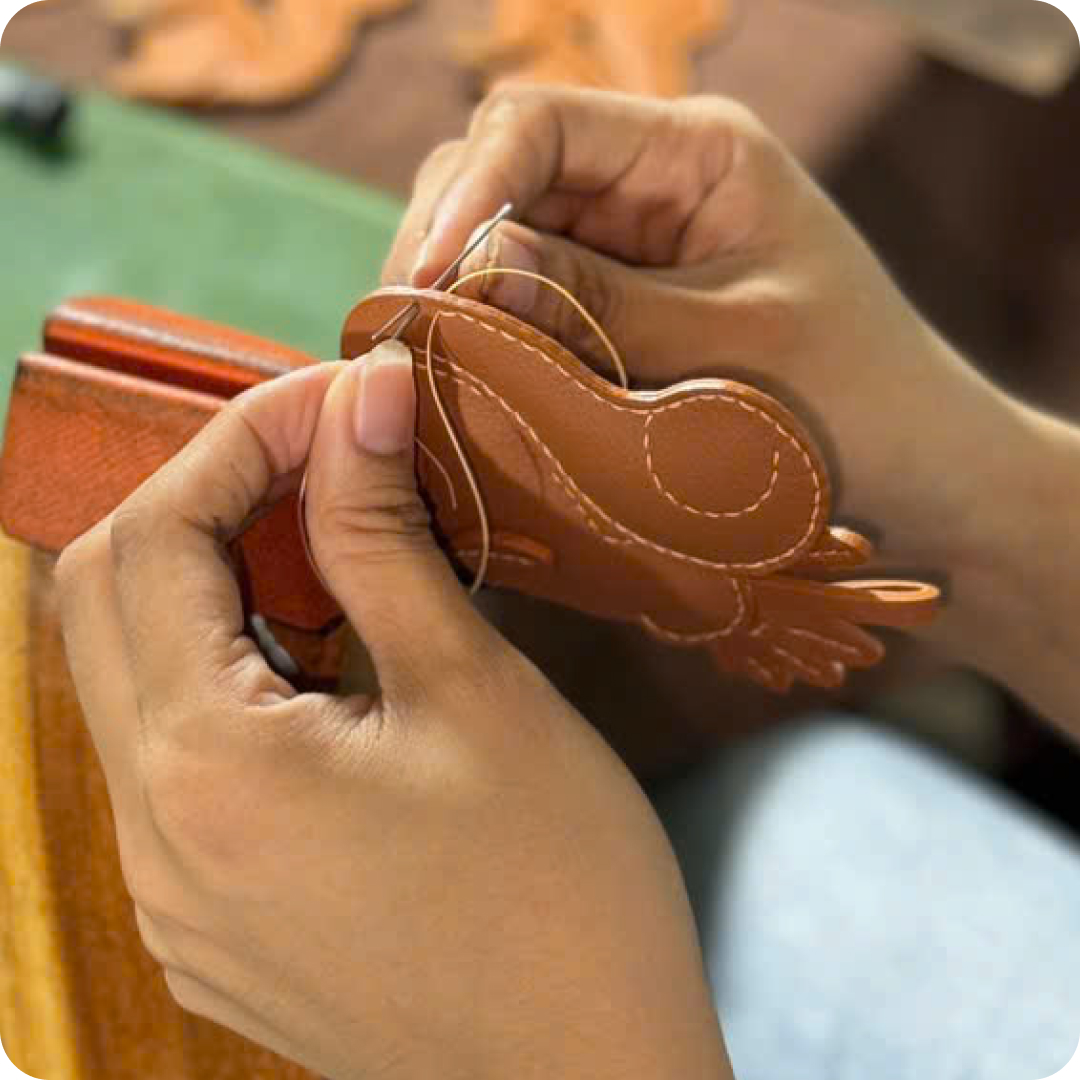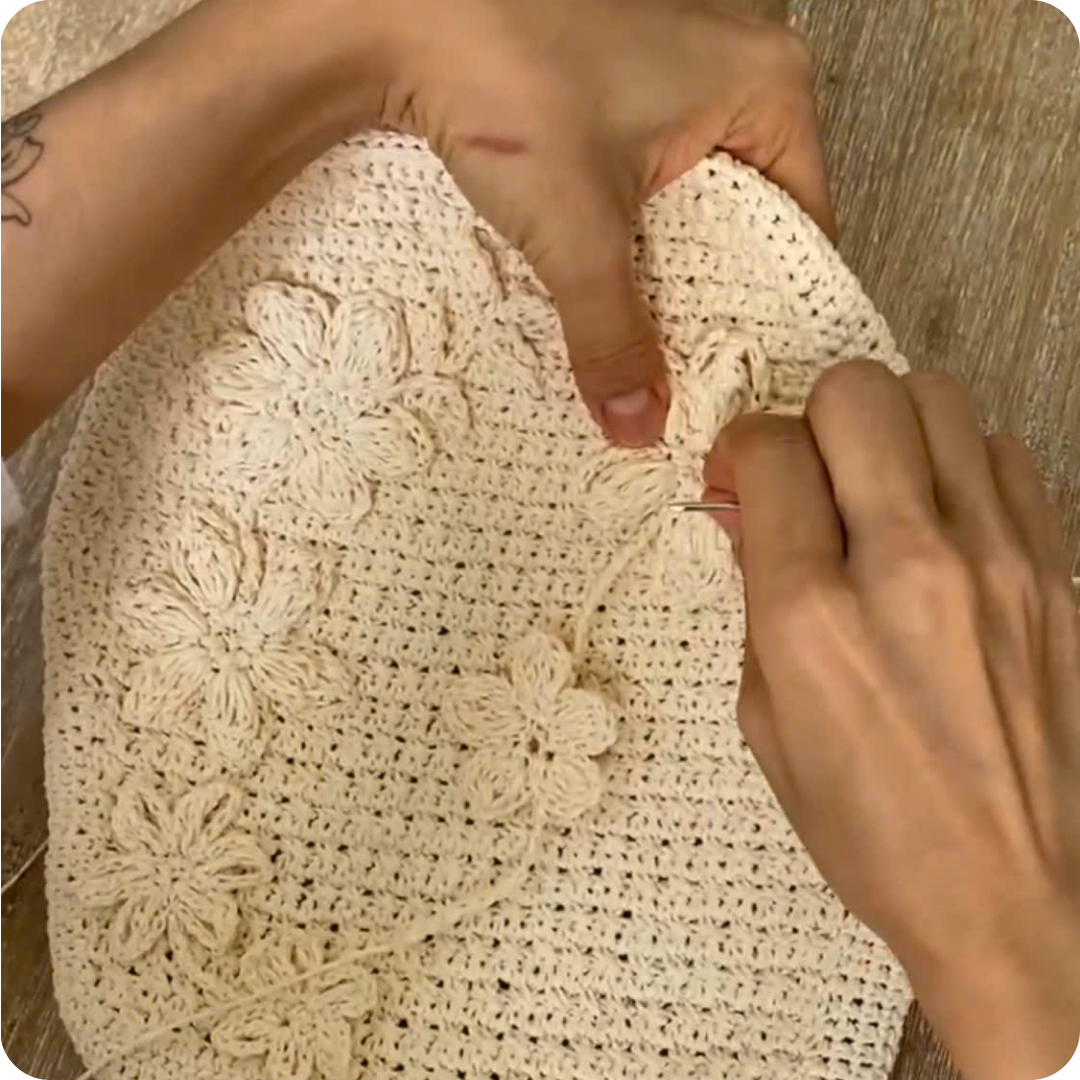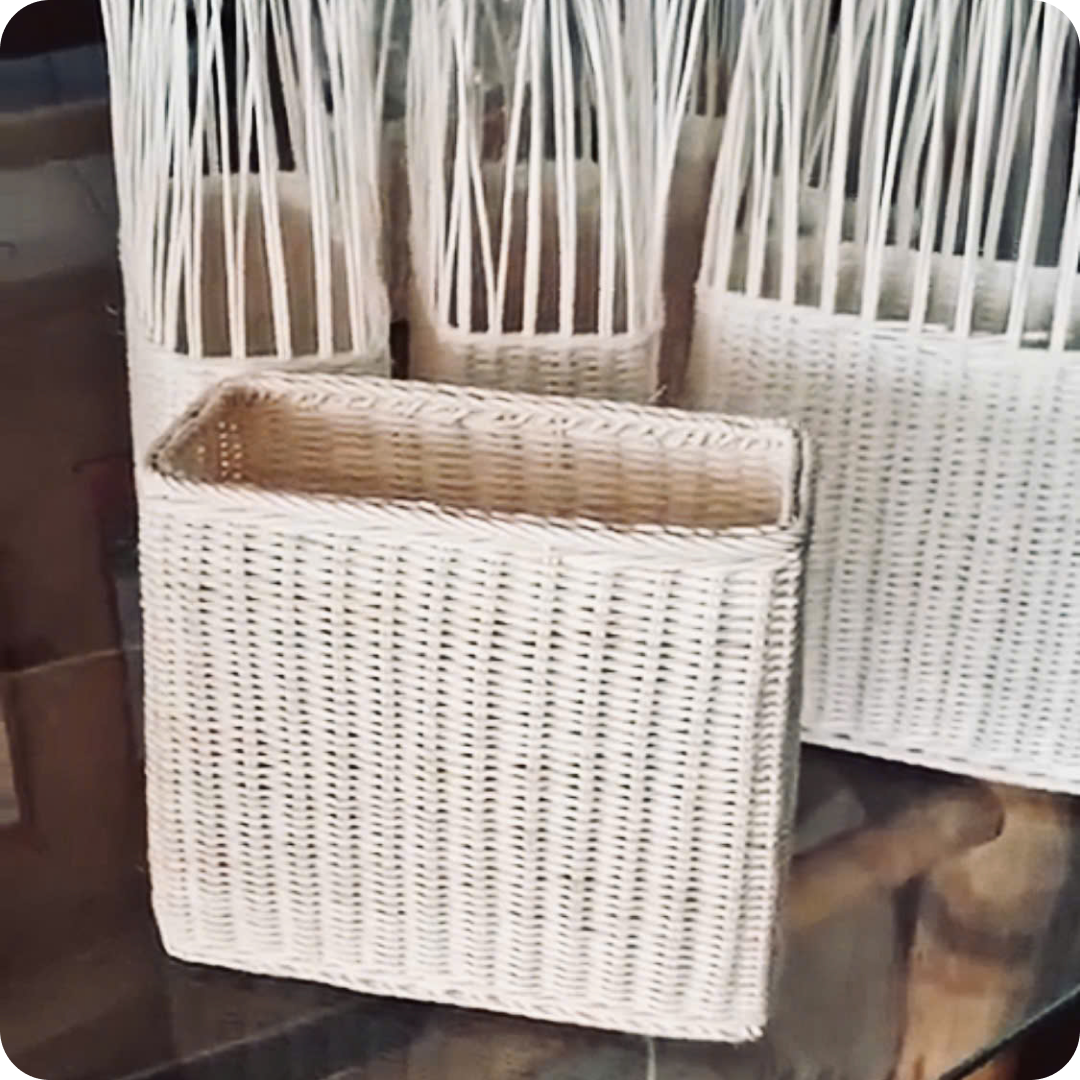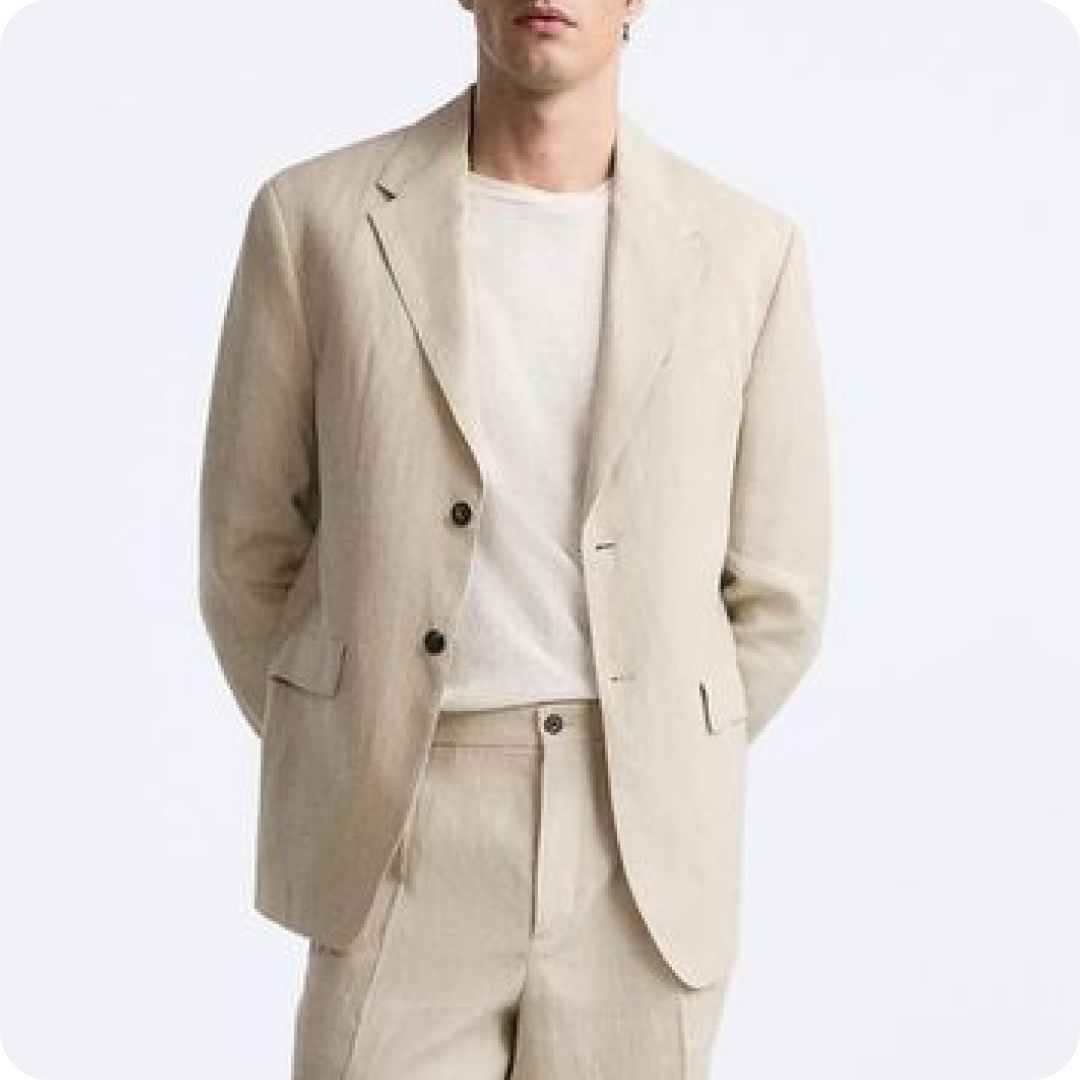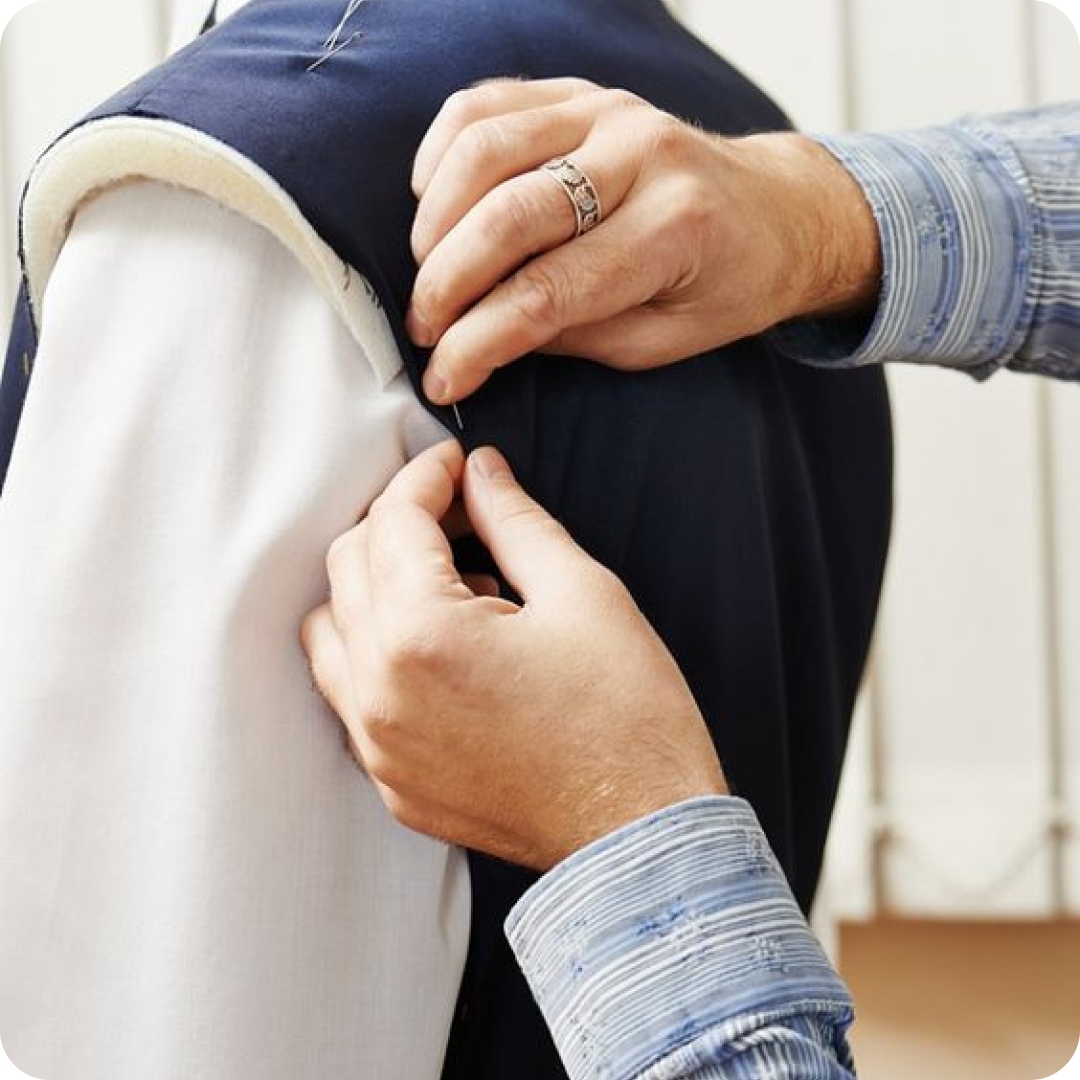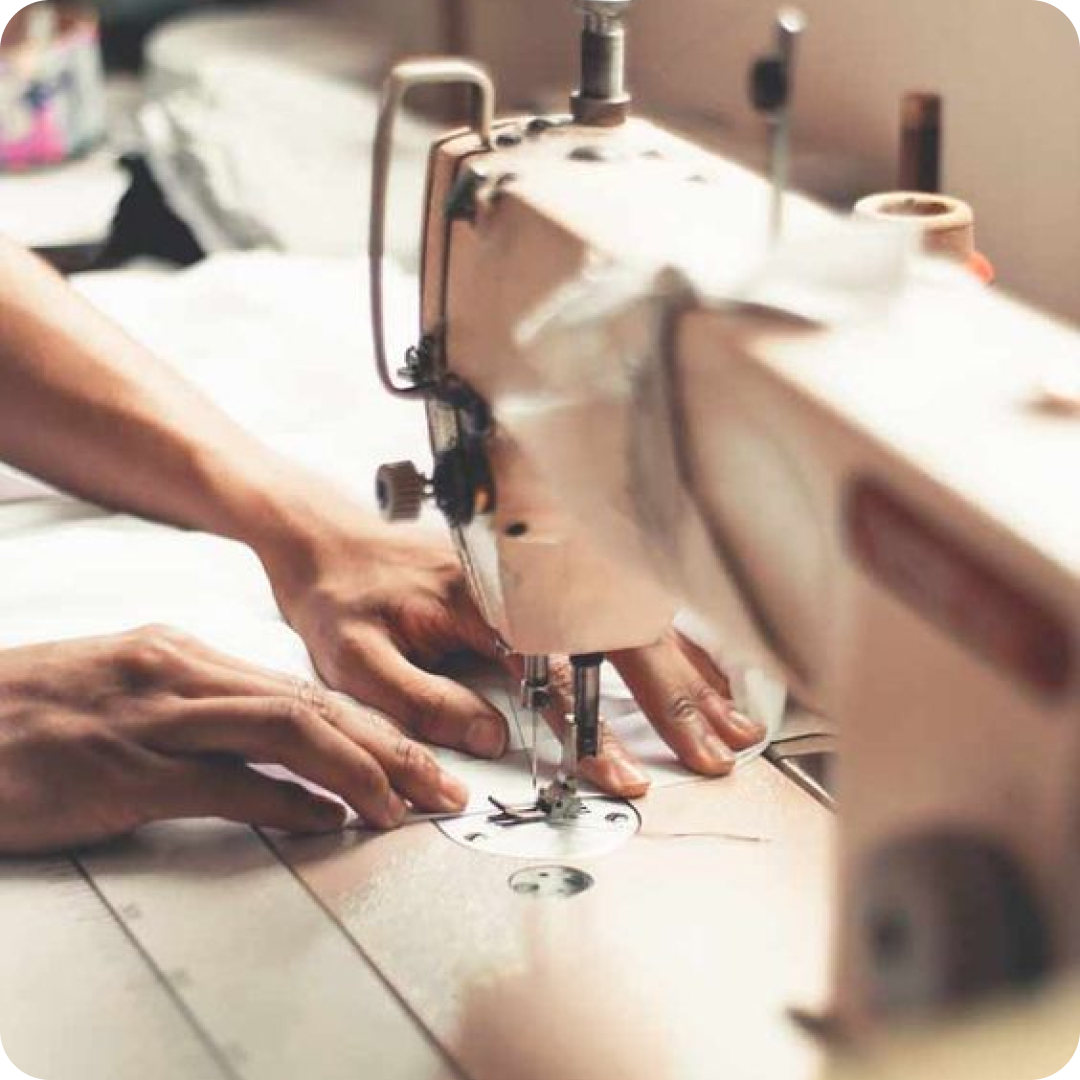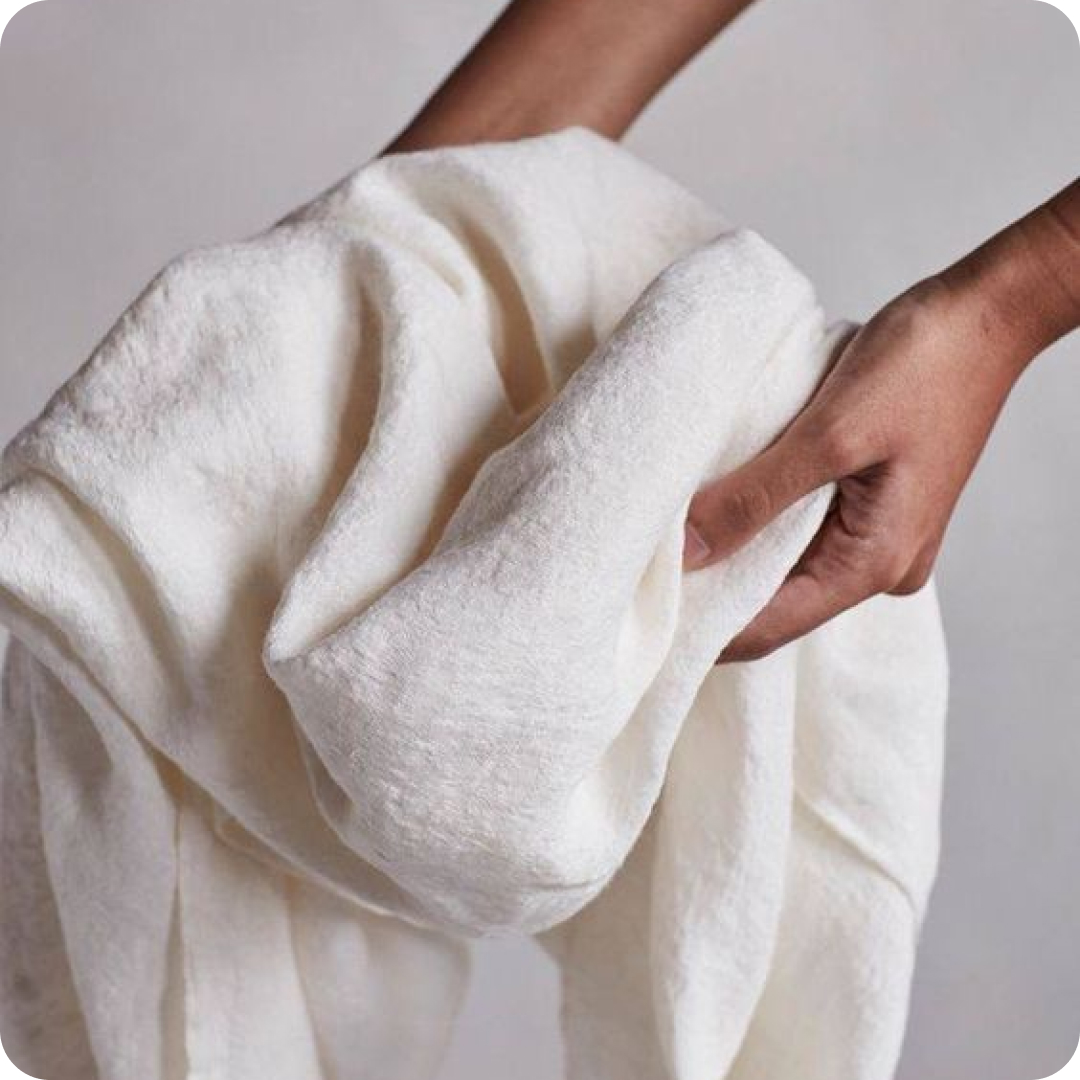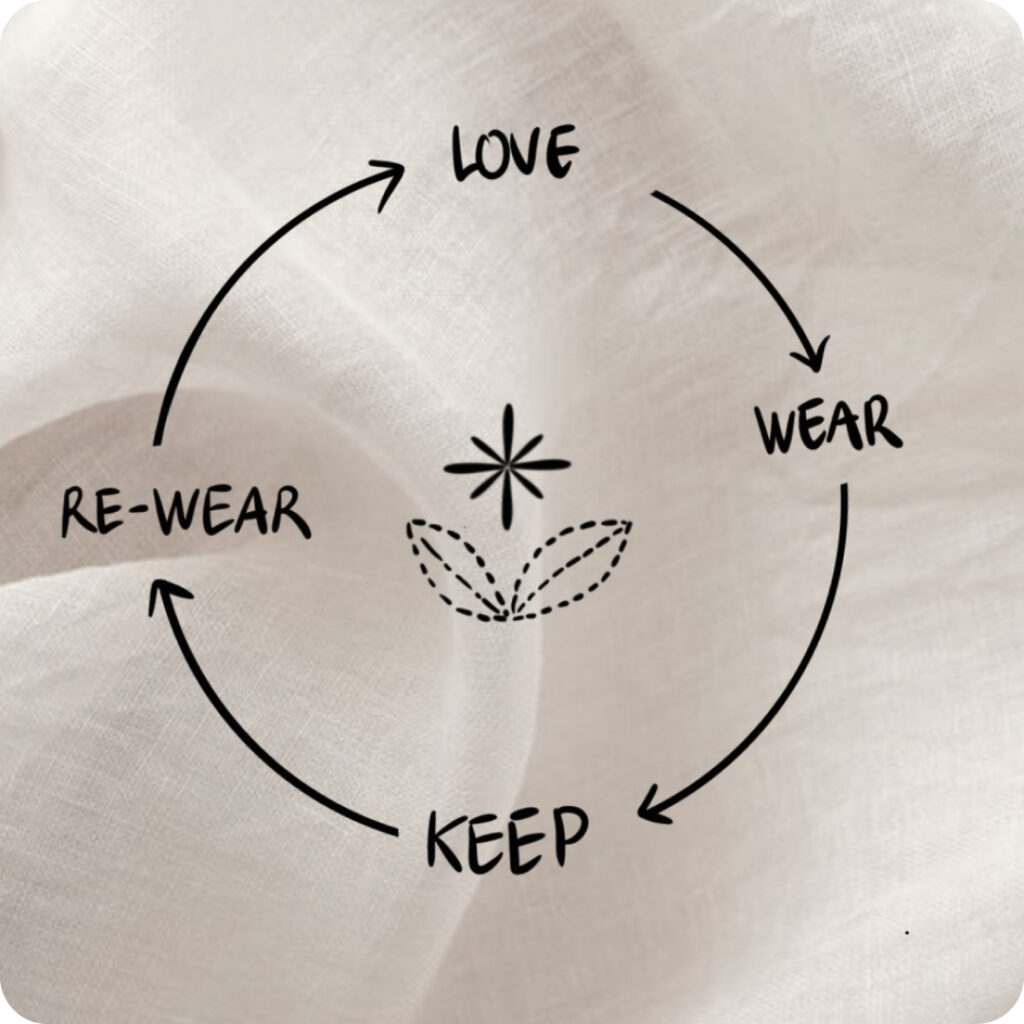The fashion industry is evolving, and there’s an increasing emphasis on sustainability and cruelty-free practices. One of the key areas of focus is the use of vegan fabrics in clothing. This article explores the world of sustainable vegan fabrics, their benefits, and their role in Rosie Hong’s garments.
What is Vegan Fabric?
Vegan fabric refers to materials that are free from animal. Unlike traditional fabrics such as wool, silk, and leather, vegan fabrics are derived from plant-based or synthetic sources, ensuring no harm to animals in the production process.
Are All Vegan Fabrics Sustainable and Eco-Friendly?
While vegan fabrics eliminate animal cruelty, not all are inherently sustainable or eco-friendly. The sustainability of vegan fabrics depends on factors such as the source of raw materials, production processes, and the lifecycle impact of the fabrics. For a fabric to be truly eco-friendly, it must minimize environmental impact from production to disposal.
The true sustainability of a fabric hinges on how effectively we use it to minimize environmental waste and extend the lifespan of our products. By maximizing durability and longevity, we can significantly reduce the ecological footprint of our clothing.
List of Sustainable Vegan Fabrics used by Rosie Hong:
Plant-Based Fibers (Cellulosic Fibre)
- Bamboo
Bamboo fabric is a sustainable choice, derived from the bamboo plant, which grows rapidly and requires minimal water and pesticides. It is biodegradable, soft, and has natural antibacterial properties. - Cotton
Cotton is a highly sustainable fabric, grown without synthetic pesticides and fertilizers, which reduces environmental impact and promotes soil health. It is breathable, durable, and biodegradable. - Hemp
Hemp fabric, made from the fibers of the cannabis plant, is an eco-friendly option. It grows quickly, requires little water, and needs no pesticides. Hemp is strong, durable, and biodegradable. - Lyocell
Lyocell is a type of rayon made from sustainably sourced wood pulp. Its production process is eco-friendly, utilizing a closed-loop system that recycles water and solvents, making it a sustainable fabric. - Modal
Modal, derived from beech tree pulp, is produced using an eco-friendly process similar to lyocell. Known for its softness and breathability, it is a sustainable and comfortable fabric choice. - Ramie
Ramie is a natural fiber obtained from the Chinese nettle plant. It is one of the strongest natural fibers, highly durable, biodegradable, and requires minimal chemical inputs, making it a sustainable option. - Rayon
Rayon is made from natural cellulose fibers. While its traditional production process can be environmentally intensive, more sustainable methods are being developed to reduce its environmental impact, making it a more eco-friendly fabric choice.
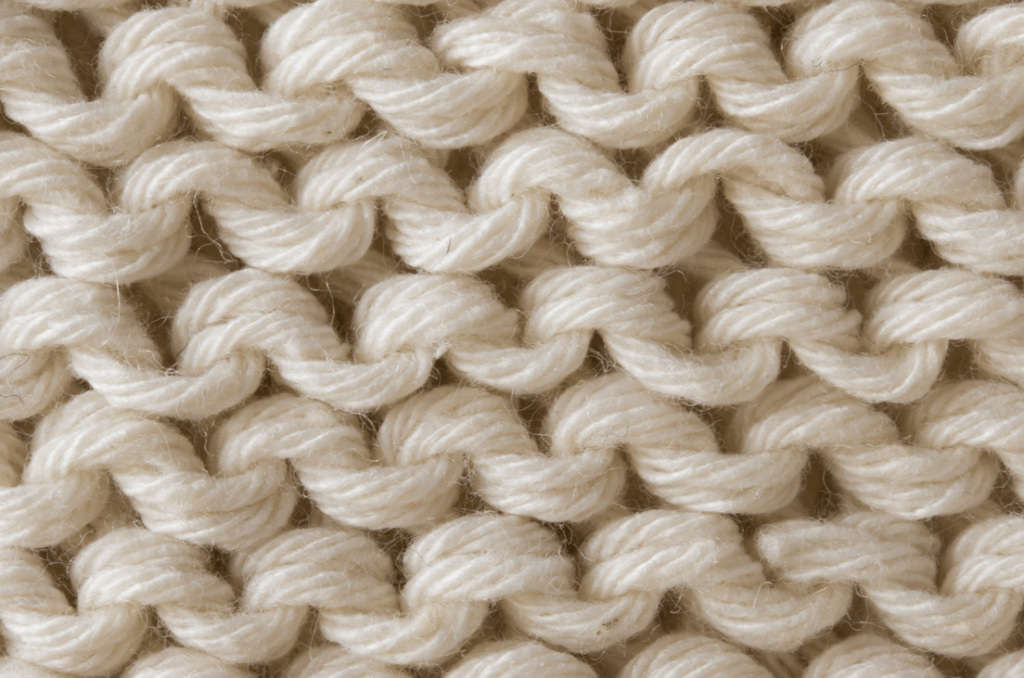
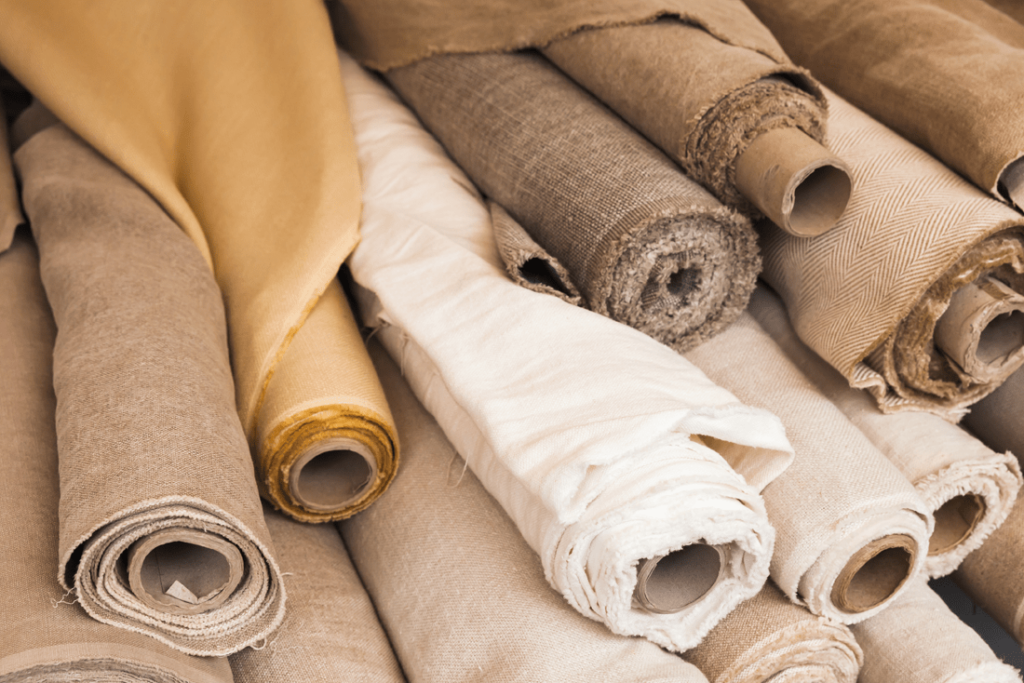

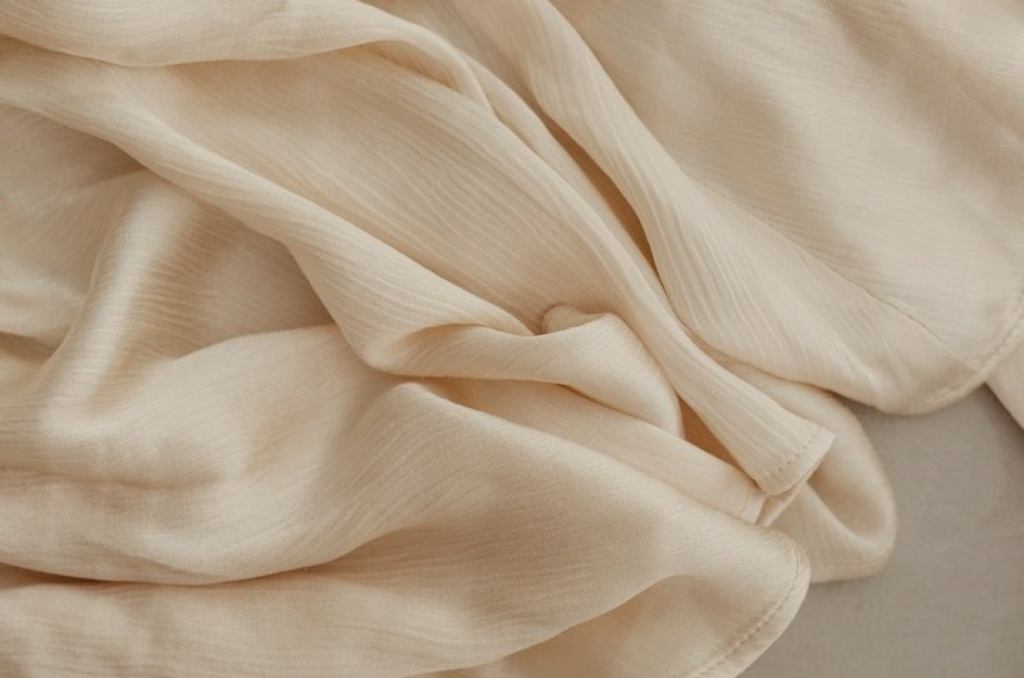
Synthetic Fibers
- Polyester and Plant-Based Fibers Mixing
When blended with plant-based fibers, recycled polyester can enhance the durability and performance of the fabric, making the clothes last longer and increasing their lifecycle. This reduces waste as garments do not need to be replaced as frequently. Additionally, using recycled polyester helps divert plastic from landfills and reduces the need for virgin polyester, contributing to environmental sustainability. The blending technique also ensures that the fabric remains breathable and comfortable on the skin. - Spandex and Plant-Based Fibers Mixing
Spandex, when mixed with plant-based fibers, adds stretch and comfort to fabrics, making them more adaptable to different body types and movements. This flexibility increases the lifespan of the garments by preventing wear and tear. Sustainable production methods and blending with eco-friendly fibers minimize the environmental footprint. The combination also retains breathability and comfort, ensuring a pleasant wearing experience. - Viscose and Plant-Based Fibers Mixing
Blending rayon with sustainable plant-based fibers can improve the fabric’s environmental profile while enhancing its durability. This makes the clothes more resilient and extends their lifecycle, reducing waste. The blends offer the comfort and aesthetics of viscose, making the garments breathable and comfortable on the skin, while also promoting sustainability.
Rosie Hong is committed to incorporating these sustainable vegan fabrics into our garments, ensuring that each piece not only embodies style and comfort but also aligns with eco-friendly practices.

